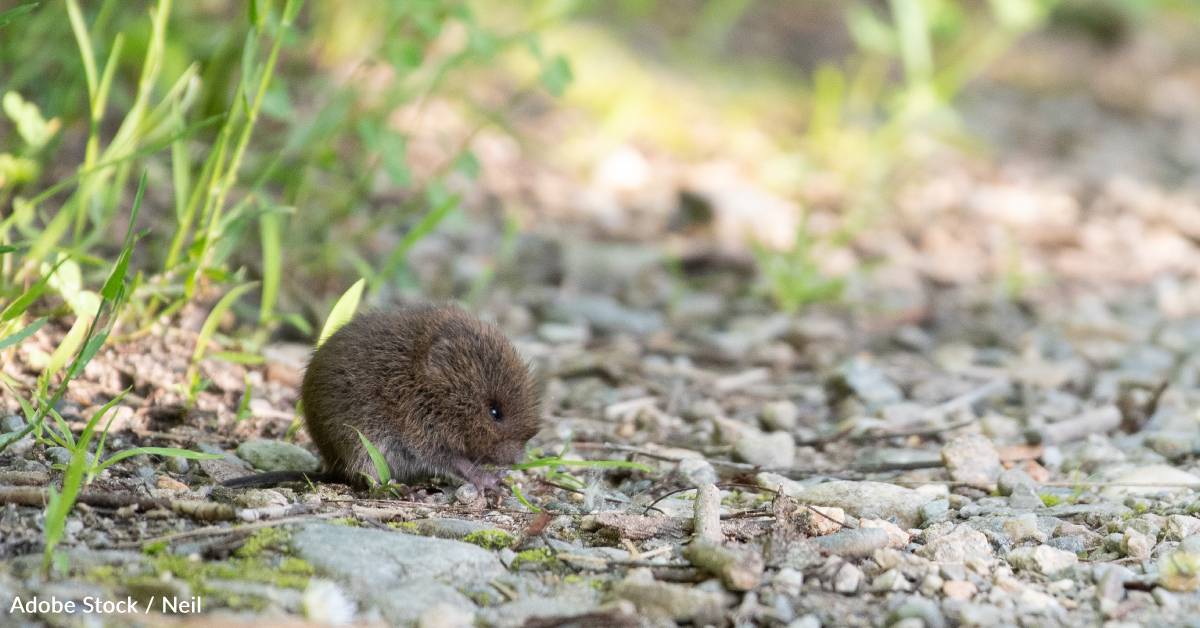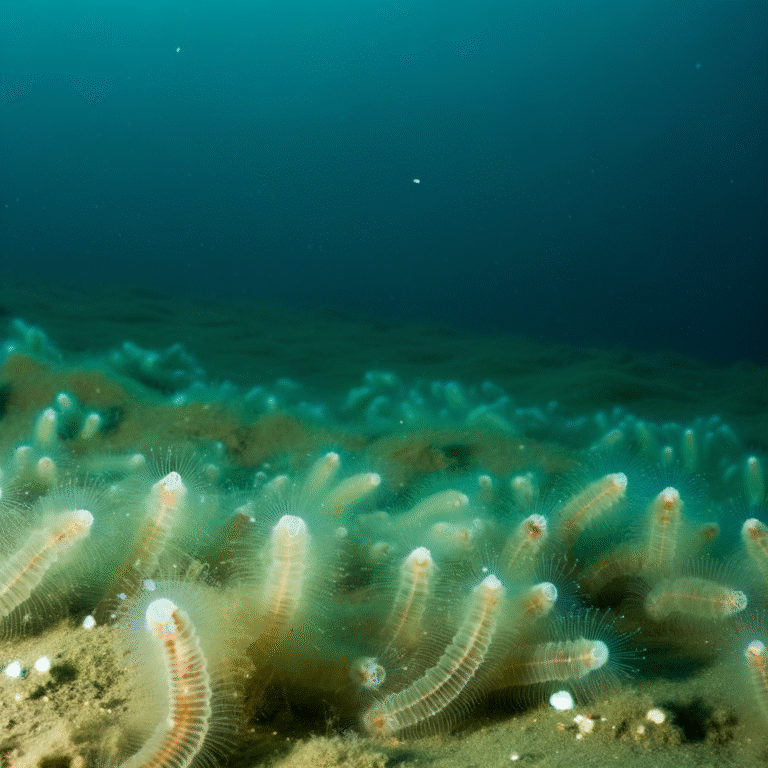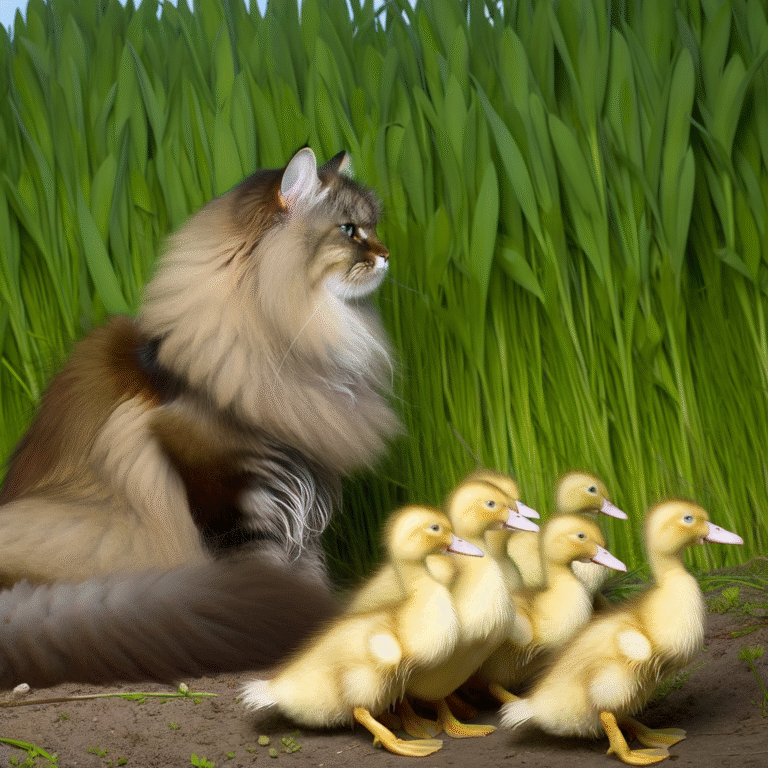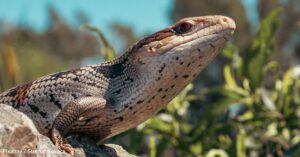Michelle Milliken
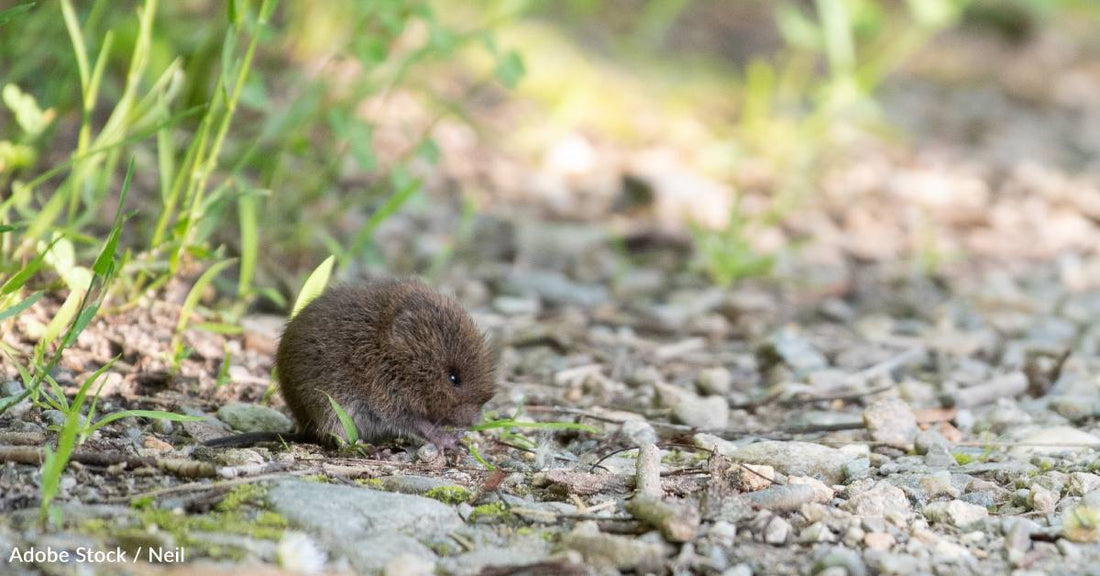
Oxytocin – known as the “love hormone” – is produced when we fall in love and even during breastfeeding, which shows the loving bond between mother and child. However, new research shows for a certain type of animal, it’s also strongly linked with friendships.
Researchers at the University of California Berkeley have been studying the role oxytocin plays in prairie vole relationships. Much like humans, voles form bonds with individuals other than their mates or offspring. These can be rewarding, just like our friendships. For voles, the presence of oxytocin determines how rewarding they are, according to the study, published in the journal Current Biology.

To conduct the study, the team genetically modified female voles to lack oxytocin receptors. They then compared these animals with voles that had functioning oxytocin receptors. They found that those that lacked receptors had a delay in forming bonds with others and a harder time sustaining them. They also had less of a social reward from connections.
Annaliese Beery, senior author and UC Berkeley associate professor of integrative biology and neuroscience, says, “Oxytocin seems to be particularly important in the early formation phase of relationships and especially in the selectivity of those relationships: ‘I prefer you to this stranger,’ for example.The animals that didn’t have intact oxytocin signaling took longer to form relationships. And then when we challenged those relationships by making new groups, they lost track of their original partners right away.”
Experiments showed that receptor-free voles were less apt to press a lever to see a friend versus a stranger and had less aggression toward unfamiliar animals, as well.

In past studies, Beery and other researchers have found that oxytocin wasn’t needed in mate pairings or parenting, apart from receptor-free voles taking longer to form an attachment with a mate. Beery also believes, based on field studies of other rodents, that friendships may have existed in these species before monogamous mating.
She explains, “While most rodents prefer to interact with unfamiliar individuals, it turns out that the majority of vole species we’ve tested in our early trials form peer-partner preferences, which is what we call these selective friendships. So there seems to be this widespread tendency to bond. But only a couple of those species are also monogamous.”
The findings show how oxytocin is linked with friendships in animals, but researchers say it could also ultimately help people with mental health conditions or developmental disabilities that can get in the way of forming close relationships with others.
